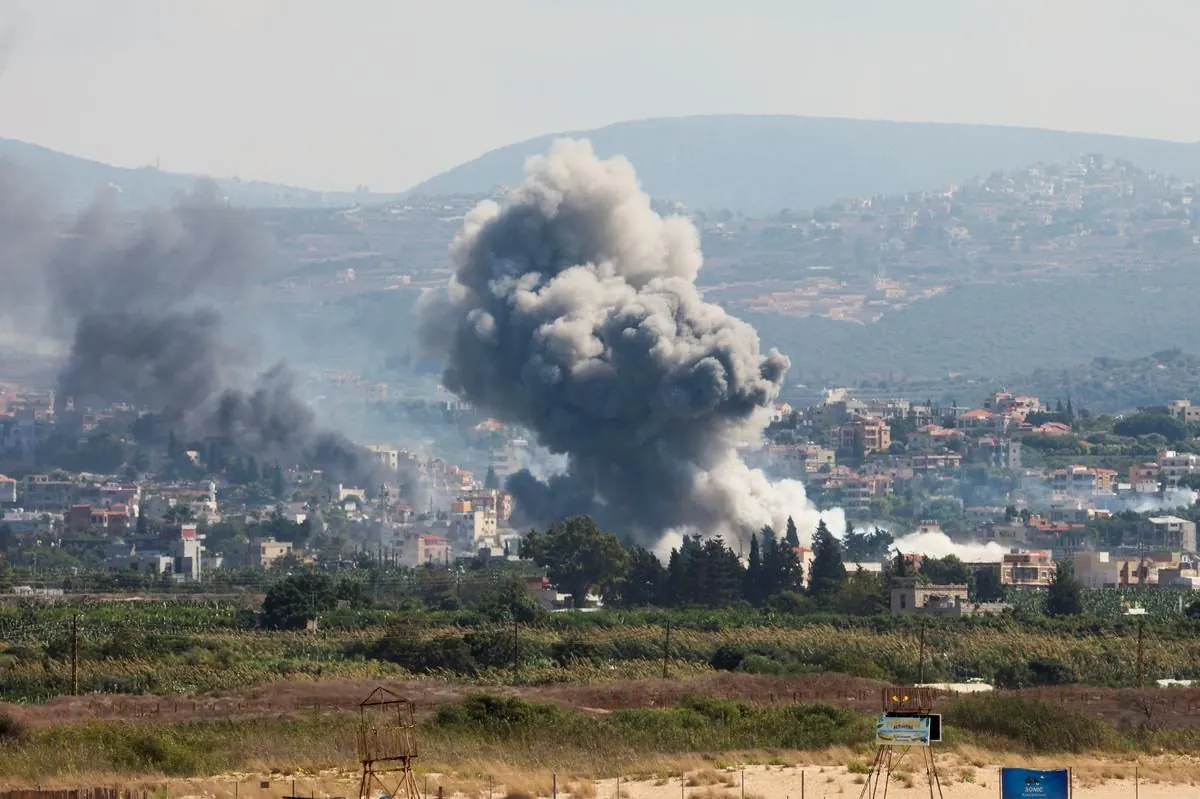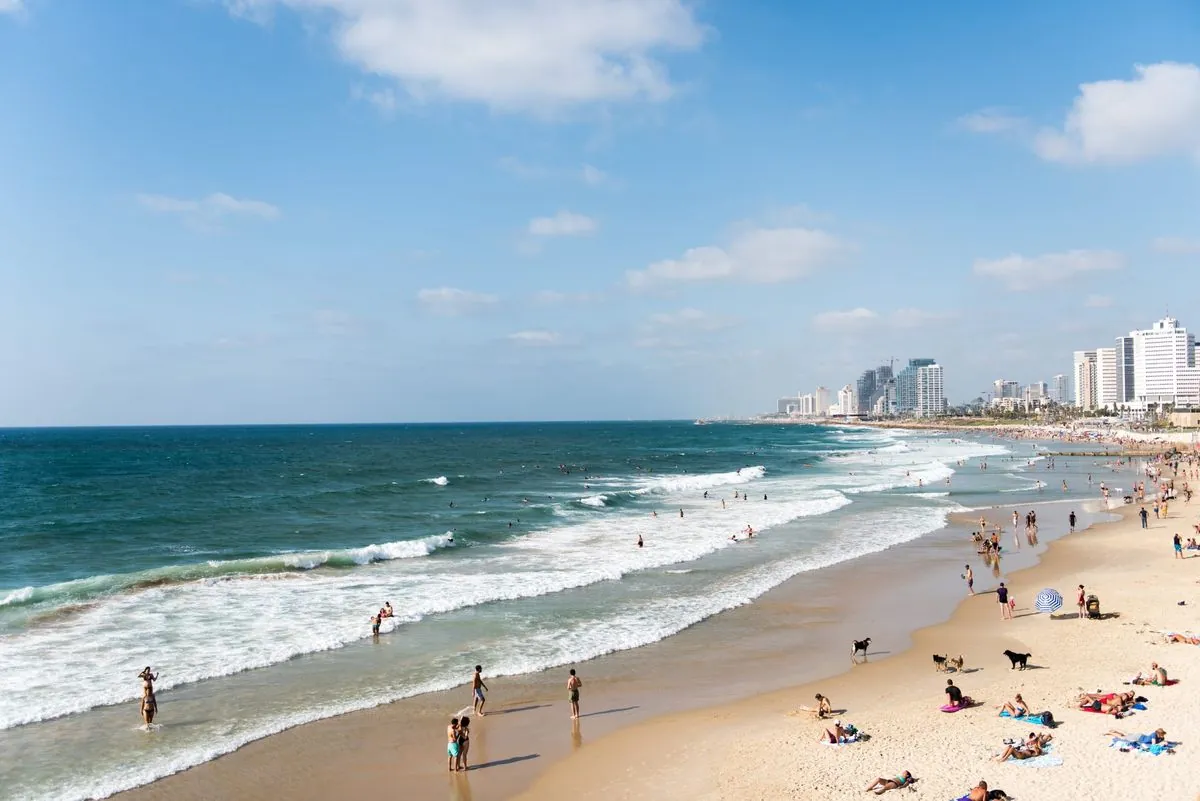Escalating Tensions: Northern Israel Grapples with Hezbollah Rocket Attacks
Northern Israeli communities face increasing Hezbollah rocket attacks, prompting Israeli airstrikes in Lebanon. Residents express mixed feelings of hope and resignation as daily life is disrupted by ongoing conflict.

The Israel-Lebanon border region is experiencing heightened tensions as Hezbollah, a Lebanon-based organization founded in 1985, intensifies its rocket attacks on northern Israel. In response, Israeli forces have conducted extensive airstrikes on targets in Lebanon, marking a significant escalation in the ongoing conflict.
Over the past week, Hezbollah has launched hundreds of rockets into northern Israel and the Israeli-occupied Golan Heights. This surge in attacks is part of a pattern of cross-border fire that began approximately a year ago, coinciding with the outbreak of hostilities in Gaza. The Israeli military has responded by striking more than 1,600 targets in southern Lebanon and the Bekaa Valley, a region where Hezbollah maintains a strong presence.
The impact on northern Israeli communities has been substantial. Residents face daily disruptions, with schools closed and air raid sirens becoming a frequent occurrence. In Nahariya, a coastal city of about 60,000 residents located near the Lebanese border, beaches have been closed, and the usually vibrant main boulevard is notably quiet.

Residents of northern Israel express mixed sentiments about the situation. Barak Raz, a 32-year-old graphic designer serving as a reservist, stated, "There's a feeling of, finally, we're taking action in order to restore peace here, which has not been the case for the past almost a year." However, others, like 22-year-old sales assistant Albina Chemodanov, conveyed a sense of resignation: "It's very scary to live like that, but we live in Israel. It's our life."
The conflict has led to significant displacement on both sides of the border. Tens of thousands of Israelis have been forced to leave their homes, mirroring a similar situation in Lebanon. The border areas have become largely deserted as a result.
Hezbollah, which means "Party of Allah" in Arabic, has a complex history and structure. The organization operates not only as a military force but also maintains a strong political presence in Lebanon, holding seats in the parliament. It provides extensive social services, including hospitals and schools, which has contributed to its support base within Lebanon.
The group's military capabilities are substantial. Estimates suggest Hezbollah has an arsenal of over 130,000 rockets and missiles, and its fighting force is believed to number between 25,000 and 50,000. The organization has also developed sophisticated tactics, including a network of tunnels along the Lebanon-Israel border and a cyber warfare unit.
Israeli Prime Minister Benjamin Netanyahu and Defense Minister Yoav Gallant have warned of challenging days ahead, calling for calm among the population. The Israeli military spokesperson, Nadav Shoshani, reported that Hezbollah had fired over 700 missiles and rockets towards Israel in the past week alone, causing damage to numerous houses and communities.
While Israel has not experienced the level of destruction seen in Lebanon, where more than 500 people have been killed and over 1,800 wounded in the recent bombardment, the psychological impact on Israeli citizens is significant. Alona Dazhalvili, a 47-year-old healthcare worker, expressed her anxiety: "I am in stress. I have a soldier in the army and he's really stressed and I'm worrying about him, because all the people I know, my family, all in stress."
Despite the ongoing conflict, efforts are being made to maintain some semblance of normalcy. The port of Haifa, Israel's largest industrial harbor, continues to operate as authorities strive to keep the economy functioning amidst the wartime disruptions.
As the situation evolves, the international community watches closely. Hezbollah's ties to Iran and its designation as a terrorist organization by several countries add complexity to the conflict. The organization's involvement in other regional issues, such as the Syrian Civil War, further complicates the geopolitical landscape.
For many Israelis, the current escalation is viewed as part of a recurring cycle. Uri Hayo, a 76-year-old retiree, summed up this perspective: "What can you say? We're used to it. Every 10 years, 15 years, five years, a war again. This is Israel."
As the conflict continues, the resilience of northern Israeli communities is being tested once again, with hopes for a lasting resolution tempered by the realities of long-standing regional tensions.


































